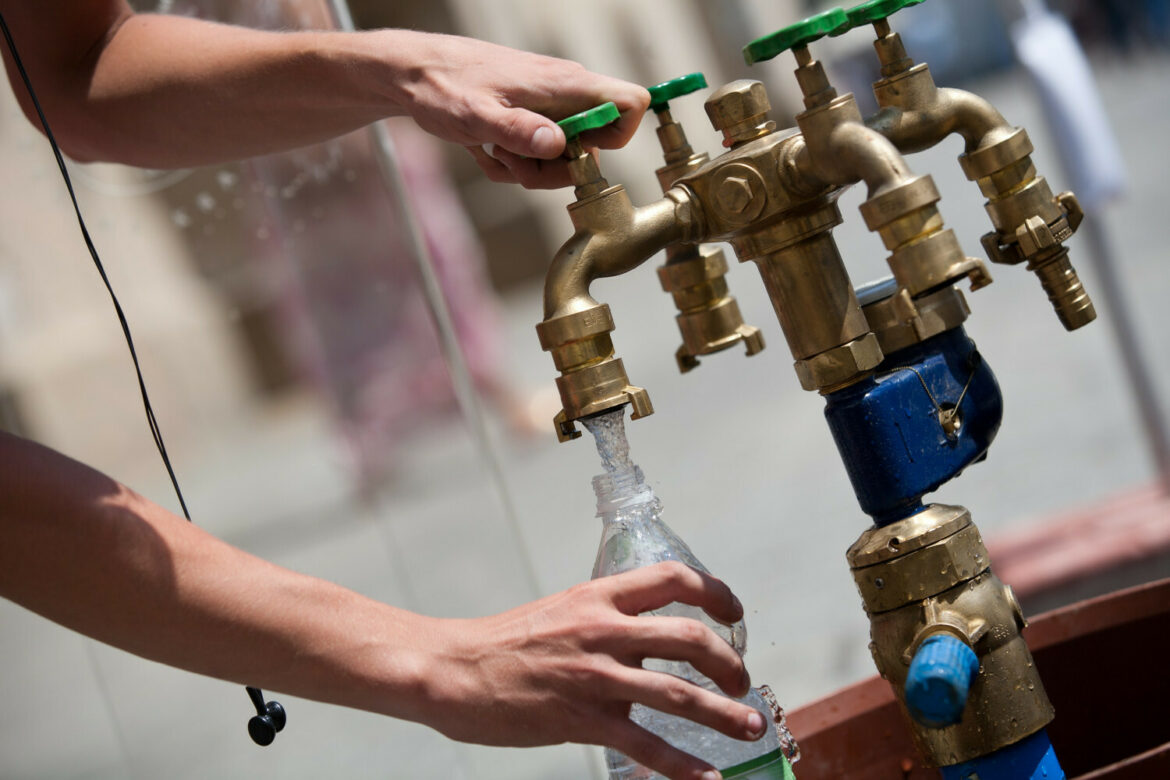Innovative research has been completed at the University of Life Sciences in Poznań, which will make drinking water supplied by waterworks safer. Early warning systems for water contamination use the observation of mussel shell movements.
Bioindication is the assessment of the state of the environment based on the observation of living organisms. Based on information about the state of naturally occurring plants and animals in the environment, much can be said about air quality or water or soil pollution. More in-depth analyses make it possible to obtain very precise information about environmental hazards, often more precisely than using state-of-the-art analytical equipment.
Water utilities most often use devices that analyse clam reactions. These are so-called early warning systems, because the mussels, by constantly filtering the water, immediately pick up even a slight change in water quality and react by closing their shells. The unique advantage of such systems is that they can control contaminants in the water continuously, guaranteeing that the water quality in the water supply system is adequate at all times.
The research carried out at the University of Life Sciences in Poznań involved the development of a modernisation of the SYMBIO system in operation in Poznań. A completely new shellfish tank design and a modern biomonitoring controller were created, the electronics and bioactive sensors were upgraded and new central system software was prepared.
The results of the research will soon be implemented. To date, SYMBIO-type devices are used in dozens of water supply companies in Poland and abroad. The new system has been shown to efficiently capture elevated concentrations of many substances that can occur at water treatment stations from both surface and underground intakes.
Arkadiusz Słomczyński





